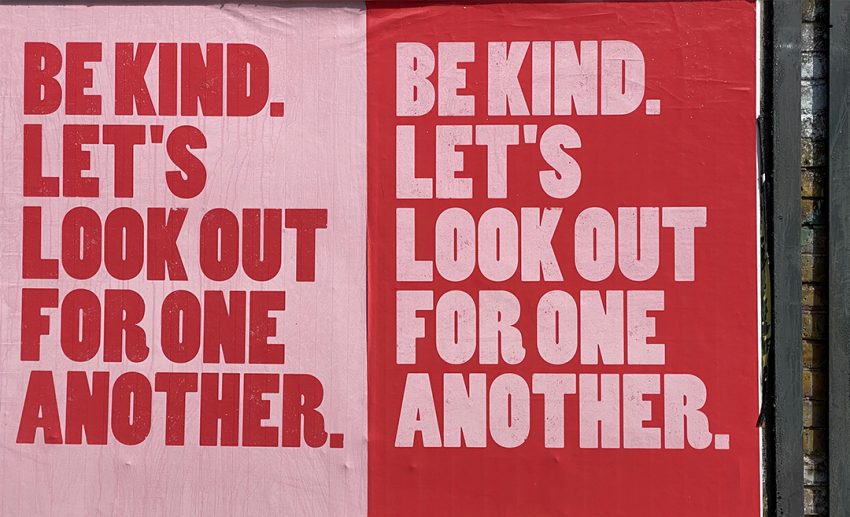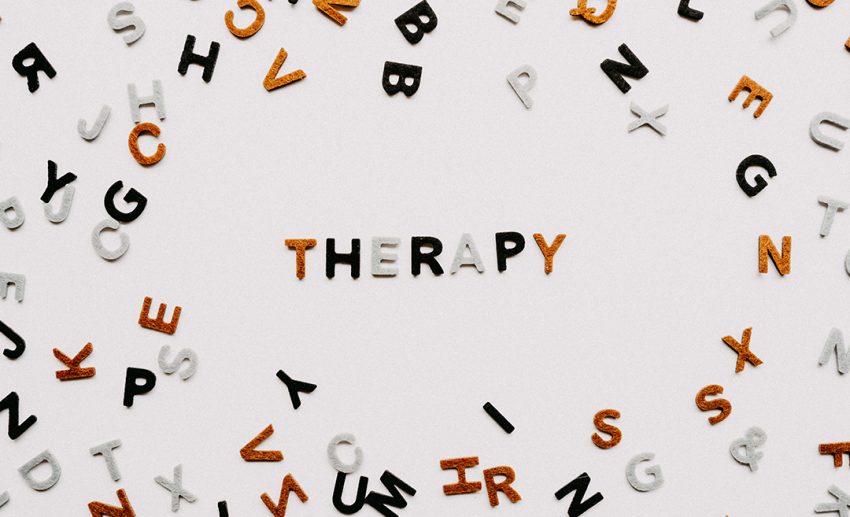
The COVID-19 pandemic and resulting lockdowns have impacted us in so many ways; mostly adversely, unfortunately. From financial worry to businesses closing, the struggle is sometimes within ourselves. One of the ways numerous Malaysians have been affected is with poorer mental health. This is evidenced by an increase in Malaysia’s suicide rates.
As of March 2021, there were 336 suicide cases reported; which is over half the total number of suicides reported in 2020 (631 cases). Meanwhile, data by Befrienders KL indicates that 36% of calls received in June of this year were due to mental health issues. And a large amount of them were women. “From our statistics the past few years, female callers made up 60 to 65% of our total callers,” says Kenny Lim, Executive Director of Befrienders KL.
Adding salt to the wound that are these staggering statistics, is that there’s still stigma surrounding talking about one’s mental health. But that’s not to say mental health awareness hasn’t improved. In a positive step forward, it’s become a subject that can be openly discussed.
Hitting close to home
My personal experience with someone who has mental health issues opened my eyes and my mind. This happened before the pandemic hit, but Zara (not her real name) was a friend on social media. From mere strangers, we became friends. And somehow, she opened up to me.
At first, I was sceptical as to whether her depression and struggles were legit. But when I saw photos of her bleeding wrist, I knew it was real. It dawned on me how fragile a person can be. I felt for her struggles and we talked it out. She went on to receive psychiatric treatment, and is currently recuperating.
Fast forward to now, with all the lockdowns, the thing that differentiates us is how we take the pinch. Some don’t take lockdowns as well as others, and there’s no shame in that. From lost jobs to family or relationship issues, the (mental) struggle is real. But what do you do when someone suddenly reaches out to you? Here’s a list of how to be helpful:
1. Change your mindset

More often than not, if you hear of someone facing mental health issues, you’ll first be sceptical or choose not to understand. You have to change your mindset and not belittle the things they’re going through. Never assume they’re being absurd or dramatic. Accept the fact that some people don’t have the luxury of mental strength or willpower when facing the lows in life. While you shouldn’t feel responsible for their wellbeing, you do need to have compassion. After all, this person could be your spouse, sibling, friend, parent, or colleague.
2. Listen, not hear
Be a good and active listener. It takes a lot of courage to be vulnerable. Letting your guard down and sharing one’s deepest sorrows isn’t easy for anyone – regardless of the state of their mental health. So allow them to vent without interruption. When they have an outlet to let out things the thoughts cluttered in their mind, they no longer have to bottle things up, and it offers clarity. Also, this reassures them that they are heard.
3. Speak mindfully
When they’re done pouring their heart out, it’s your turn to speak. As tempting as it can be to immediately share some words of wisdom, this can be unwarranted. Ask – do they want advice or just a listening ear?
If advice is requested, speak kind words to lift their spirits. Give them a positive perspective. But always remember, you can say so much, but ultimately, it’s up to them how they’re going to take it. You can’t force them to change or act on your advice. If you don’t have advice to give, say so, then remind them that you’re there to listen. After all, they just need someone to talk to.
4. Be present

Show them that you care. Every now and then, text or call them just to check on how they’re doing. When they’re triggered by something, it messes with their mind, and this can happen at any hour. Let them know that they can call or text you anytime too. It’s important that they don’t feel alone.
Hugs are also so underrated. If you get to meet them, give them a big hug. You never know how much a hug can do to soothe one’s soul – it’s even been shown to increase serotonin (that ‘feel good’ hormone your brain produces). Sometimes, a loving embrace can do more than words could ever.
5. Don’t give up
If you feel that you’ve run out of words to comfort them, don’t give up. Remember that sometimes, someone in need can also test your patience with unexpected tantrums or mood swings. They have good days and bad days. Fret not. Remain calm and remain attentive. It’s okay that you’re not a psychology expert. What’s most important is your intention to help, so that they can help themselves feel and be better.
6. Point them in the right direction

While you may be able to be there for them as they first open up, they will, ultimately, likely require professional guidance. There are various mental health helplines available that offer affordable or even free professional support. In addition to these, Mercy Malaysia is offering five free therapy sessions to any Malaysian above 18 years old.
Aside from all the mental health helplines available, you might be the best helpline that could save someone’s life. But, while caring for others, do yourself a big favour by practising self-care for your own mental wellbeing. You can’t be strong for others if you’re not strong yourself, right?



